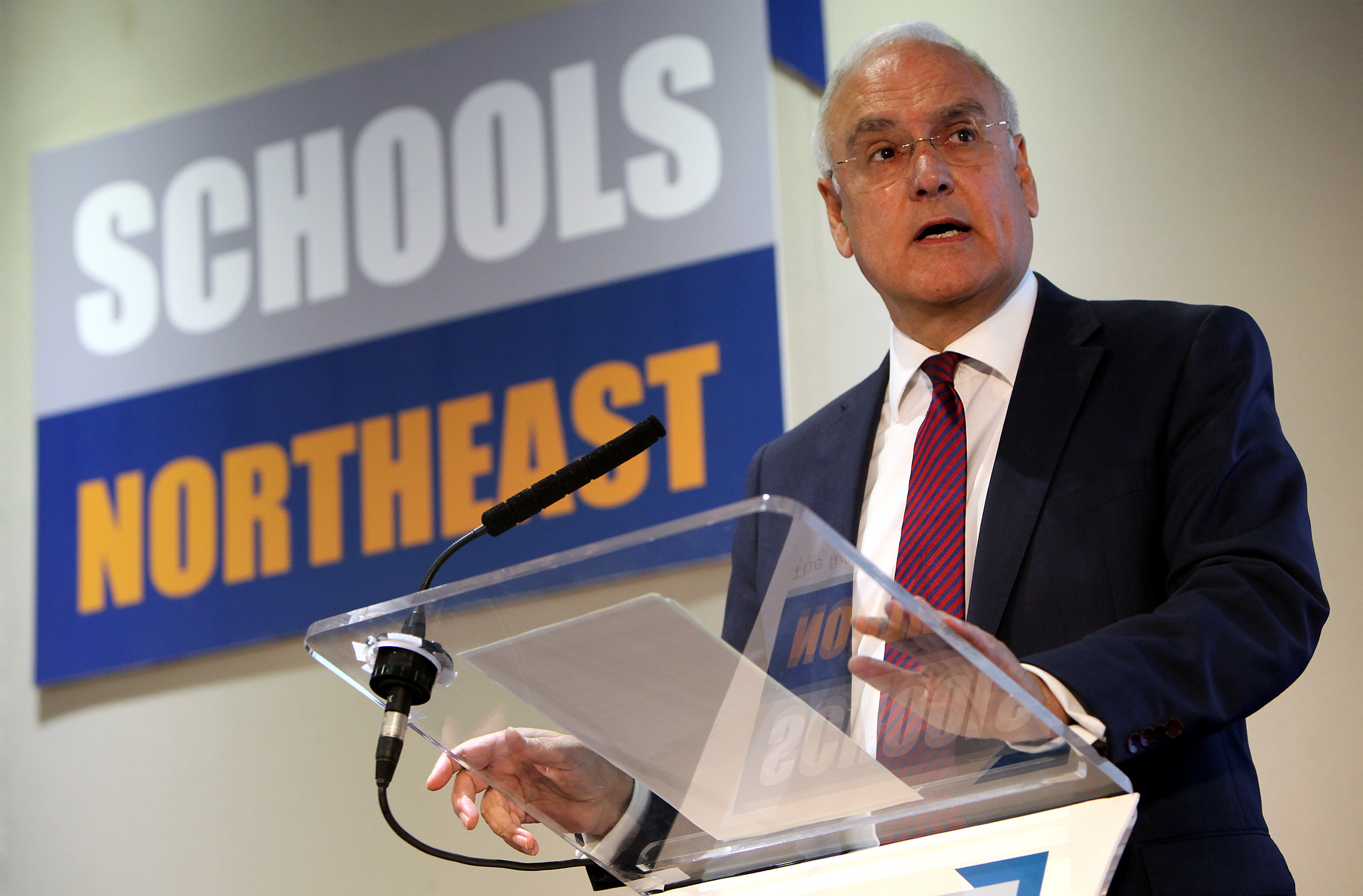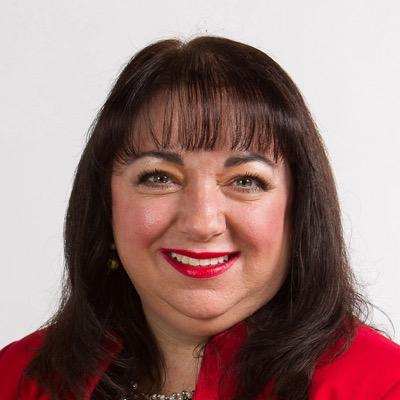Term round-up: biggest education announcements
It has been an incredibly busy term in the education policy field and even though we are certain you have been kept up to date by the press, the myriad of GOV.uk updates and – of course – our Weekly Update, below is a summary of the biggest announcement since September 2015.
More free schools
A new wave of Free Schools was announced by David Cameron back in September, as part of the Conservative manifesto pledge. This aims to deliver 500 new free schools by 2020.
Ofsted reports
Ofsted published two key reports in the past several months. KS3 the wasted years? looking at the effectiveness of Key Stage 3 in more detail and found that inspection evidence highlights weaknesses in Key Stage 3, which does not seem to be a high priority for many secondary school leaders in timetabling, assessment and monitoring of pupils’ progress. If you missed it in our newsletter, you can read it here.
 Her Majesty’s Chief Inspector also published his annual report this month which sets out the evidence and findings on the quality of schools and the further education and skills sector. You can read Sir Michael’s report here or the summary we put together.
Her Majesty’s Chief Inspector also published his annual report this month which sets out the evidence and findings on the quality of schools and the further education and skills sector. You can read Sir Michael’s report here or the summary we put together.
New Shadow Education Secretary appointed in cabinet reshuffle
Lucy Powell has been confirmed as the new Shadow Education Secretary in Jeremy Corbyn’s new shadow cabinet. This comes in the wake of Tristram Hunt ruling himself out of serving Mr Corbyn’s shadow cabinet, citing “substantial political differences”.
UIFSM remain funded
 Funding for free meals for infant school pupils has not been scrapped in the Chancellor’s Spending Review despite early concerns that the UIFSM scheme might be axed. The speculations prompted Sharon Hodgson MP, new Shadow Minister for Children and Families and MP for Washington and Sunderland West, to write to George Osborne, urging him to keep the free meals policy first introduced by former Deputy Prime Minister Nick Clegg in 2014.
Funding for free meals for infant school pupils has not been scrapped in the Chancellor’s Spending Review despite early concerns that the UIFSM scheme might be axed. The speculations prompted Sharon Hodgson MP, new Shadow Minister for Children and Families and MP for Washington and Sunderland West, to write to George Osborne, urging him to keep the free meals policy first introduced by former Deputy Prime Minister Nick Clegg in 2014.
Regional newspaper joins forces with local businesses on skills
The Journal launched a campaign to tackle the skills gap issue in the North East. Let’s Work Together aims to bring more business involvement in schools, to address the the shortage in certain skills areas and help improve career education.

Transforming Tees
A major school improvement programme was launched in September, aiming to transform education standards on Teesside.
The initiative, spearheaded by former DfE permanent secretary Sir David Bell, is targeting school standards, deprivation gap, recruitment and retention of teachers and 14-19 education.
The programme is jointly funded by four local authorities – Hartlepool, Middlesbrough, Redcar & Cleveland and Stockton – who each contributed £200,000 to the three-year initiative. The councils hope additional funding can be leveraged in to develop the programme further in the future.
Education shake-up in the North
Education Secretary, Nicky Morgan, announced nearly £5m will be given to five academy chains to set up seven hubs across the North to drive up standards in northern schools. One of the academy sponsors is Bright Tribe, which has already taken over Grindon Hall free school according to The Chronicle.
Northumberland and Tees Valley have also been earmarked for new ‘high-performing’ academy hubs in the Government’s drive to tackle areas of ‘greatest need’.
The Chronicle reports that four schools in Northumberland will close due to a major shake-up of education in Alnwick, after Northumberland County Council’s cabinet voted to replace the current three-tier system with two tiers. £9.6m have been set aside by councillors to support these school alterations.
A new National Teaching Service
 Secretary of State for Education, Nicky Morgan, has announced the creation of a National Teaching Service that will “get our best teachers and middle leaders into underperforming schools in areas where they are needed most” such as rural and coastal towns.
Secretary of State for Education, Nicky Morgan, has announced the creation of a National Teaching Service that will “get our best teachers and middle leaders into underperforming schools in areas where they are needed most” such as rural and coastal towns.
The programme will launch in September 2016, to be piloted in the North West first, in areas like “Knowsley which doesn’t have a single outstanding secondary school”, said Nicky Morgan.
The service will have deployed 1500 outstanding teachers and middle leaders to schools that need them by 2020, stated the Education Secretary, where they will be employed for up to three years in a bit to raise standards and “improve the quality of teaching and leadership right throughout the school.”
George Osborne announces new fair funding formula
The Chancellor stated that the new National Funding Formula would replace the current Dedicated Schools Grant payment system, which sees some London schools receiving double the amount per pupil than the North East.
If all school pupil places in the region were funded at current national levels, this would be equivalent to £45.6m. At current levels, Northumberland would experience the greatest overall benefit (£8.3m) were pupil places funded equally. Read our analysis and projections here or have a look at our fair funding infographic.
Education in Newcastle branded “weak” and “inexcusable”
In a letter seen by The Chronicle, Nick Hudson, Ofsted’s regional director for North East, Yorkshire and the Humber, has written to Pat Ritchie, Newcastle City Council’s chief executive, voicing “disappointment and concern” following a drop in educational attainment across schools within the authority.
Martin Surtees has left his post as assistant director for education.
Literacy boost in region’s primaries, part of £10m scheme
A £10 million scheme was launched in November to boost literacy for 10,000 pupils in primary schools across the region.
The initiative, run by the Education Endowment Foundation (EEF) and Northern Rock Foundation, will test the most effective ways of helping pupils learn to read and write well over a five-year period. Although the project is open to all 880 primary schools in the North East, it is said it will focus mainly on children from disadvantaged backgrounds.